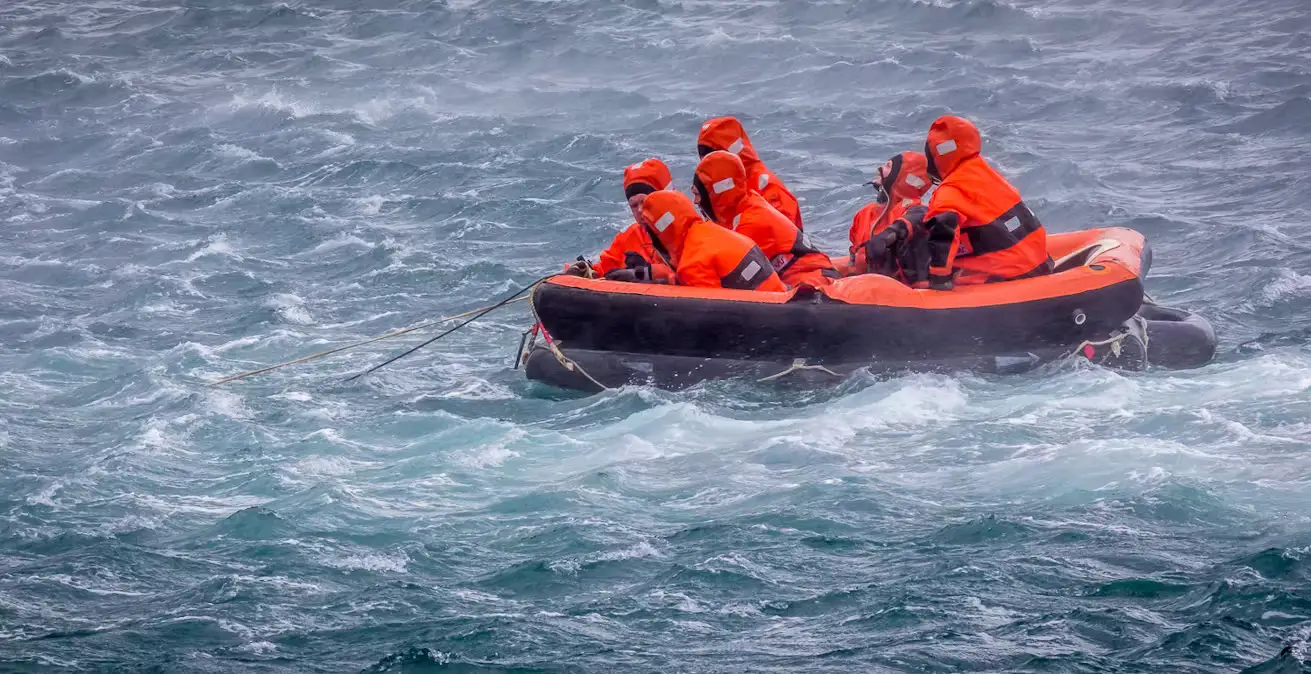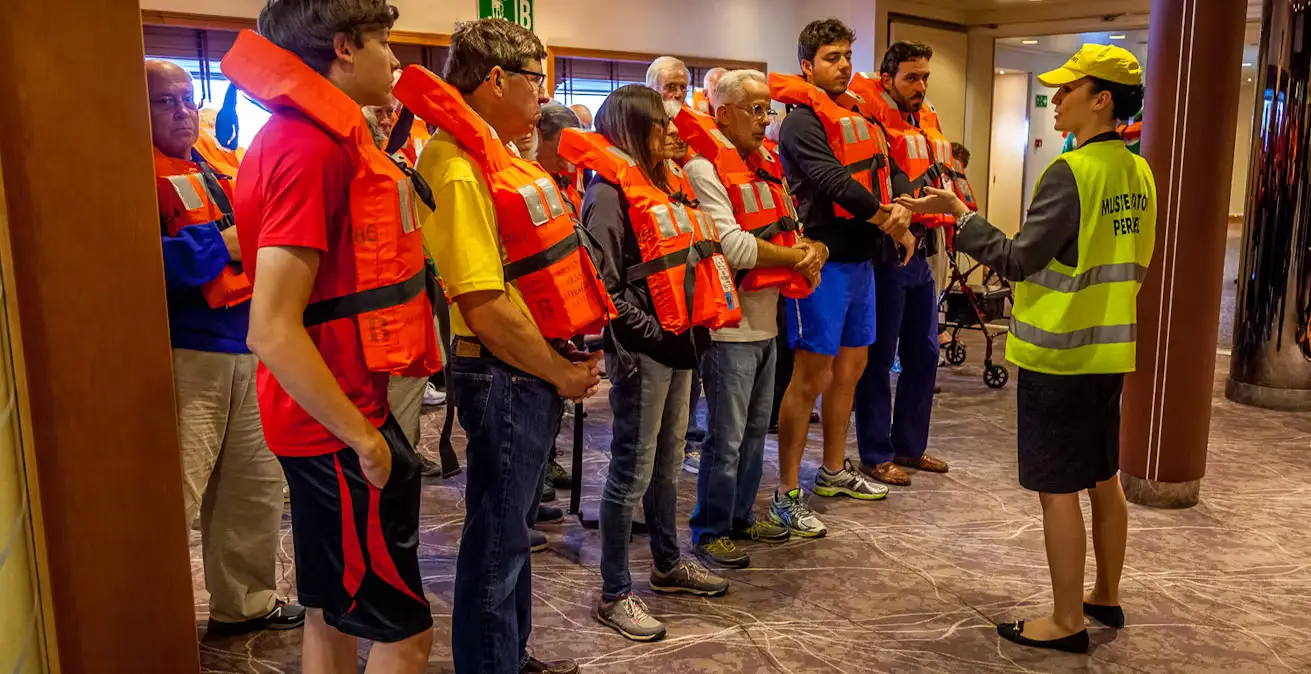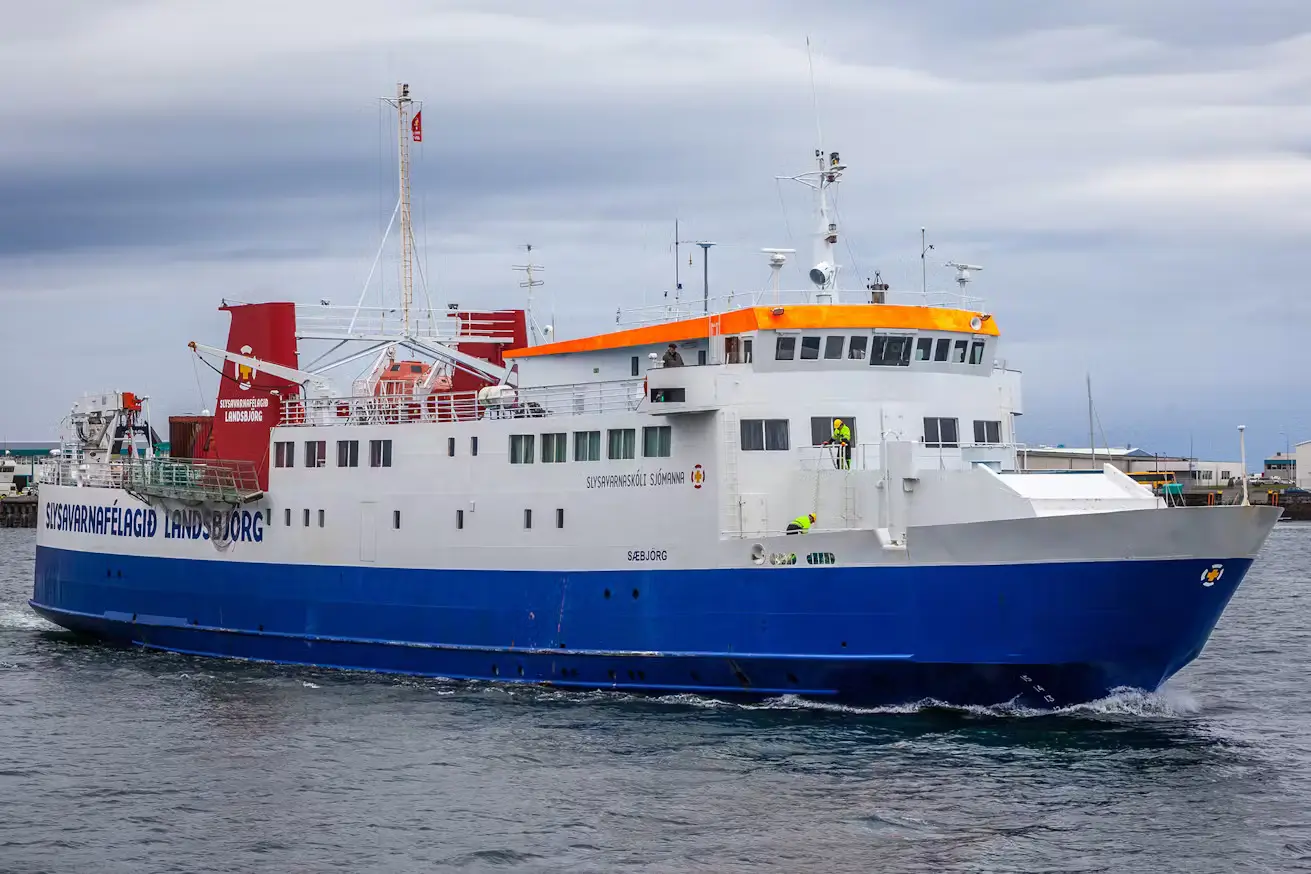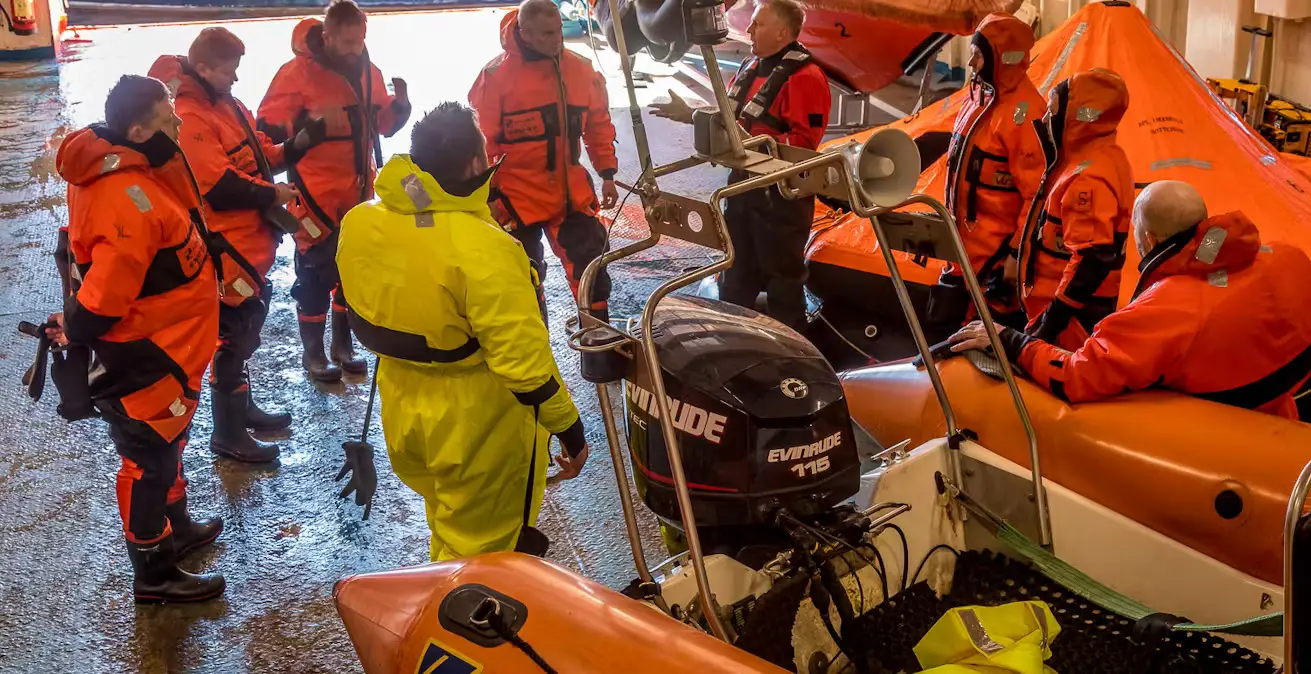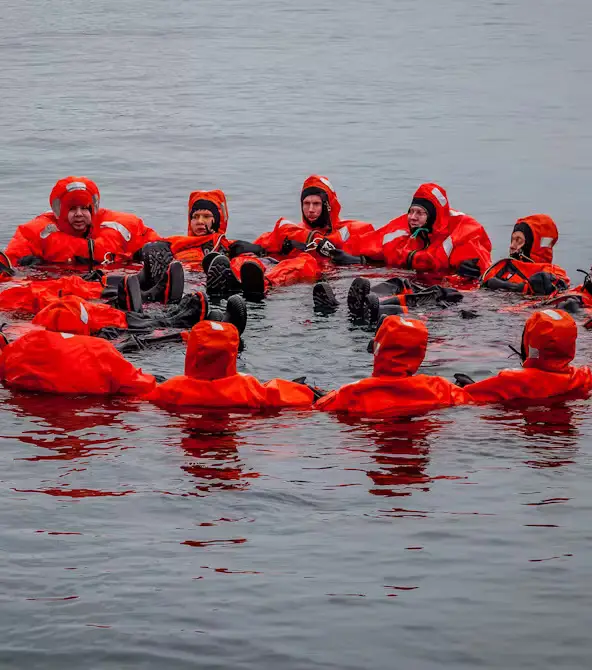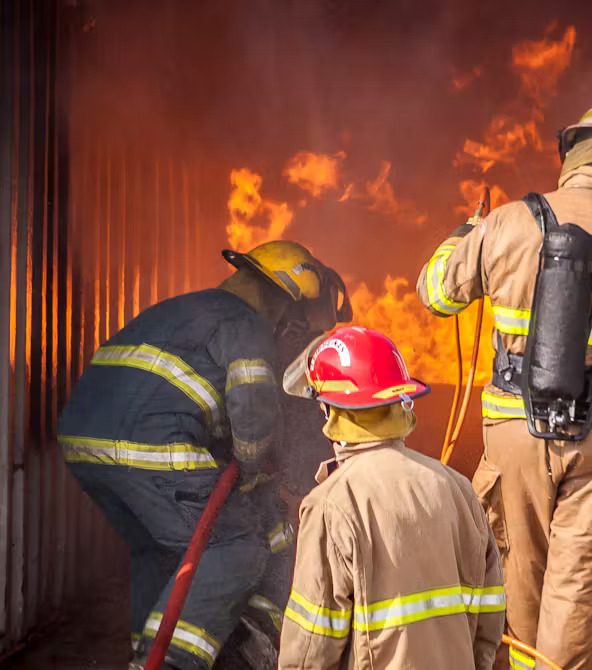Observer training: safety and mental health
– The vessel tour – Sæbjörg
Speakers: Viðar Ólason and the crew of Sæbjörg
Date and Time: Wednesday 21 May 2025, from 08:10 – 12:00
Location: Sæbjörg – Grandagarður 8
Max 80 Participants
Observers face many challenges and risks while deployed on a variety of vessels worldwide. They must deal with infectious disease, cultural differences, stress, fatigue, isolation, unsafe vessels and sometimes even violence. Programs have the task of helping observers to cope with these factors through support, training, technology, and equipment. This session will explore some of the issues faced by observers and how programs can help reduce the risks associated with observing.
Take part in a unique hands-on workshop aboard Sæbjörg, the training vessel of the Icelandic Maritime Safety and Survival Training Centre. Participants will rotate through three interactive stations, each focusing on a critical aspect of maritime safety.
Station 1: Sea Survival
Get hands-on experience in maritime survival techniques:
- Introduction to sea survival equipment
- Try on an immersion suit
- Board a liferaft
- Simulated helicopter hoist
Station 2: Fire Safety
Experience realistic fire safety training:
- Overview of fire hazards onboard ships
- Suit up in firefighting gear
- Enter a container with live fire
- Practice with fire hoses
Station 3: Training & First Aid
Discover the work of the Maritime Safety Training Centre:
- Practice casualty handling and transport techniques
- School presentation and mission overview
- Introduction to essential onboard first aid kits
EM – workshop
Speaker: Mark Michelin, Holly McBride and Lauren Clayton
Date and Time: Wednesday 21 May 2025, from 08:30 – 12:00
Location: Harpa – Silfurberg
Background
It has been approximately 25 years since the first electronic monitoring (EM) systems were deployed on fishing vessels and there are now several thousand systems installed around the globe. Interest in deploying EM where its efficacy, operational feasibility, and cost effectiveness can be demonstrated continues to grow, but there is significant operational complexity and stakeholder dependencies that must be addressed for successful EM implementation. As EM participation and adoption increase, discussions around interoperability and the development of raw video standards are gaining traction across several jurisdictions. At the same time, conversations are emerging about the use and acceptance of artificial intelligence, the regulatory hurdles it presents, and how AI fits into the EM workflow.
This workshop will bring together experts from a diverse group of stakeholders to discuss some of the typical challenges for EM programs, how program stakeholders have addressed them, and explore how approaches such as EM data standards and technical guidance can be applied to the development or refinement of EM programs.
Agenda
| Time | Description | Speaker(s) and Notes |
| 8:30-8:40 | Introduction | Mark Michelin, CEA Consulting |
| Session 1 – Artificial Intelligence | ||
| 8:40-9:20 | Presentations | Ben Woodward, CVision.AILauren Clayton, Marine Directorate ScotlandTom Catchpole, Center for Environment, Fisheries, and Aquaculture |
| 9:20 – 10:00 | Plenary Discussion | Please access SLIDO platform for audience interaction |
| 10:00 – 10:30 | Coffee Break | |
| Session 2 – Interoperability | ||
| 10:30 – 10:35 | Session Introduction | Holly McBride, NOAA |
| 10:35 – 10:45 | Presentation | Bubba Cook, Sharks Pacific |
| 10:45 – 11:30 | Breakout Groups | |
| 11:30-11:55 | Panel Discussion | Bubba Cook, Sharks PacificBrian Cowan, Anchor LabJosh Wiersma, Integrated Monitoring |
| 11:55-12:00 | Wrap Up | Mark Michelin, CEA Consulting |

